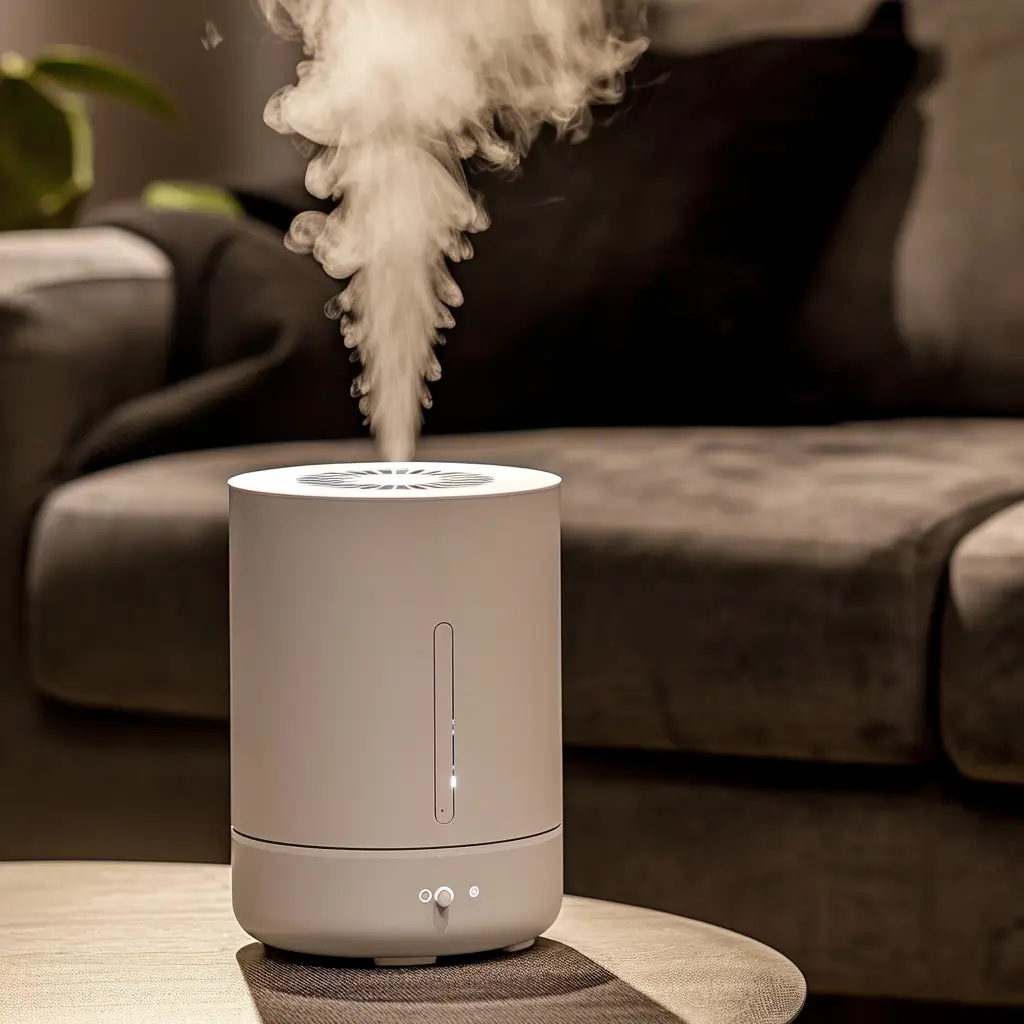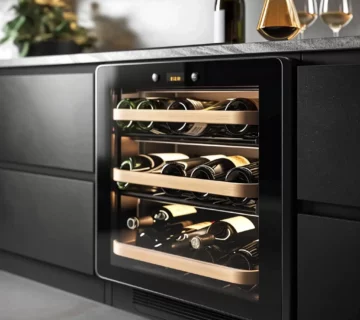In an age where air quality is increasingly on the minds of individuals worldwide, the use of air purifiers has become a prevailing solution to combat indoor pollutants. From combating allergens to addressing concerns about respiratory health, the concept of an air purifier is gaining traction. In this exploration, we delve into the key aspects surrounding them, their functionality, and their popularity, especially in the UK.
Understanding the Basics: What Does an Air Purifier Do?
Before diving into the efficacy of air purifiers, it’s essential to grasp their fundamental purpose.
An air purifier is a device designed to clean and purify the air within a confined space.
These devices work by removing various airborne particles, including dust, pollen, pet dander, mold spores, and even certain volatile organic compounds (VOCs).
The result is an indoor environment with improved air quality, potentially leading to better respiratory health and overall well-being.
Do Air Purifiers Work? Separating Fact from Fiction
The central question on many minds is, “Do air purifiers work?” The answer lies in the understanding of the technology behind these devices.
Most air purifiers employ filters—such as HEPA filters or activated carbon filters—that capture and trap particles as air circulates through the unit.
Additionally, some advanced models incorporate technologies like UV-C light or ionization to neutralize and eliminate airborne pathogens.
Studies have shown that air purifiers can be effective in reducing indoor air pollutants, particularly in homes with issues like allergies or asthma.
However, their efficacy depends on factors such as the type of pollutants, the size of the purifier, and the specific features of the chosen model.
While air purifiers may not be a one-size-fits-all solution, they can indeed make a significant difference in maintaining cleaner indoor air.
Navigating the Options: The Best Air Purifier for Your Needs
In the United Kingdom, where concerns about air quality persist, the demand for air purifiers has surged.
The market offers a plethora of options, ranging from compact units suitable for bedrooms to whole-house purifiers designed for comprehensive coverage.
To determine the best air purifier for your needs, it’s crucial to consider factors like room size, filtration efficiency, and additional features such as noise levels and maintenance requirements.
Top-performing air purifiers often feature HEPA filters for particle removal, activated carbon filters for odor control, and smart sensors to monitor air quality in real time. Researching and comparing various models based on individual preferences and requirements can help ensure that the selected air purifier aligns with specific needs and delivers optimal results.
The Future of Indoor Air Quality: Embracing Cleaner Living Spaces
As concerns about environmental pollutants and their impact on health continue to rise, the role of air purifiers in creating healthier indoor environments becomes increasingly significant.
From combating allergens to addressing respiratory concerns, these devices offer a proactive approach to enhancing the quality of the air we breathe.
In conclusion, air purifiers are not mere gadgets but essential tools in the pursuit of cleaner, healthier living spaces.
By understanding their functionality, evaluating their effectiveness, and selecting the best air purifier for individual needs, individuals in the UK and beyond can take a proactive step toward creating environments that promote well-being and provide a breath of fresh air.


No comment